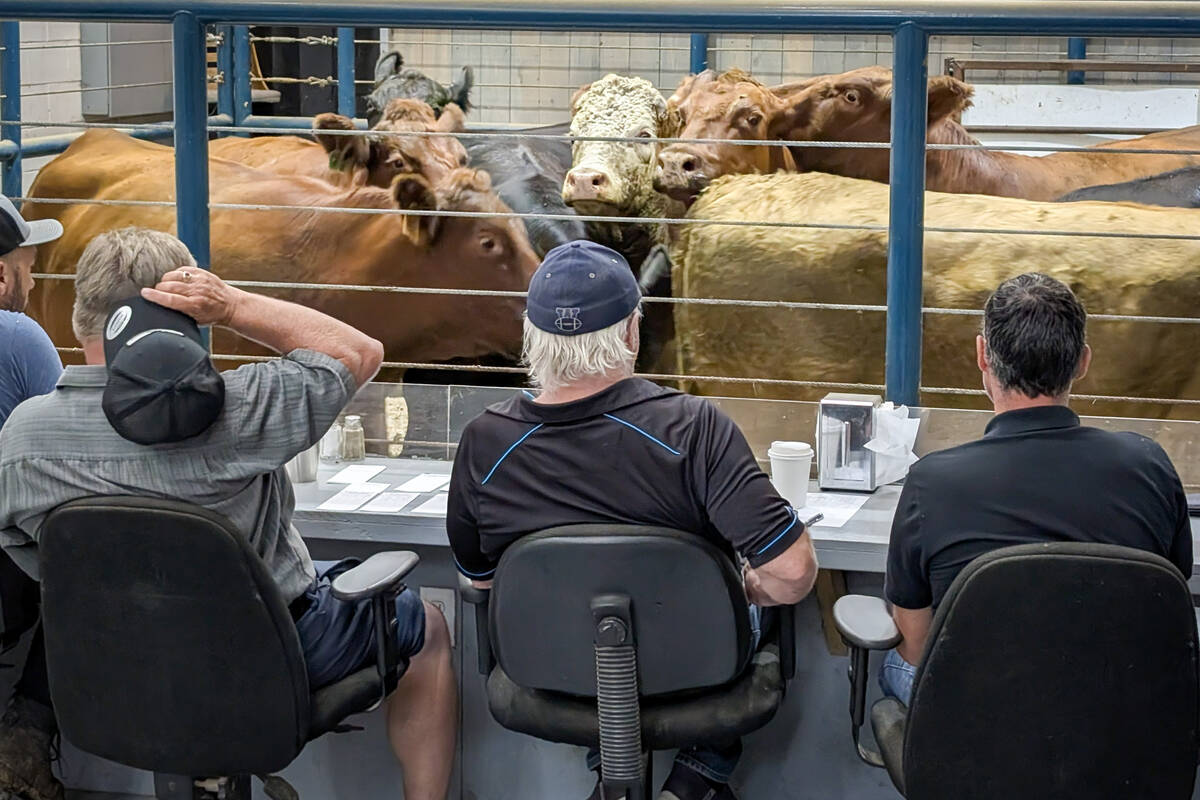An outbreak of a viral horse disease not found in Canada has prompted Canadian officials to shut the door on any horses coming from Colorado.
The Canadian Food Inspection Agency announced last week that it had imposed an immediate ban on entry to Canada for any horses originating from the state — similar to a ban announced in May on horses from New Mexico, both due to outbreaks of vesicular stomatitis (VS).
Canadian horses returning from Colorado will be allowed entry into Canada if "additional import requirements" are met., CFIA said in a release.
Read Also

U.S. livestock: Cattle rally, hogs slide
Chicago cattle futures regained a ground on Monday to maintain a fairly level trajectory after last week’s fall.
Also, for VS-related reasons, any horses coming into Canada from the U.S. will now have to be accompanied by "official U.S. documents" certifying that they have not been in Colorado or New Mexico within the previous 21 days.
Any horses for which those documents say otherwise will be detained and referred to a CFIA veterinarian.
VS affects horses, ruminants and hogs and can also cause "influenza-like symptoms" in people who come into contact with infected animals.
The disease is considered most significant because it closely resembles foot and mouth disease, which affects ruminants and hogs. In affected animals, VS causes mild fever and the formation of blister-like lesions on the inside of the mouth, and on the lips, nose, hooves and udder.
Canada’s last domestic case of VS was diagnosed in 1949. The country is now considered free of the disease, and an outbreak could mean "a loss of markets for live animals, meat and animal genetics," CFIA said.
















